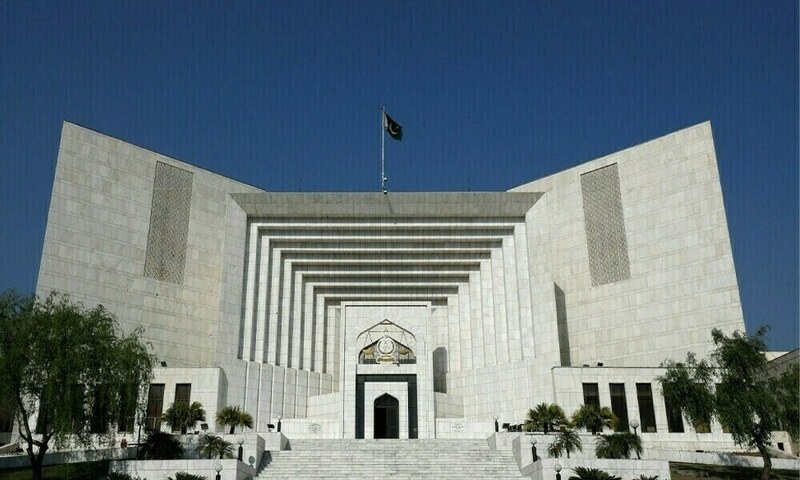The Supreme Court hears high-stakes petitions on government’s controversial super tax, as a five-member Constitutional Bench led by Justice Aminuddin Khan continued deliberations on the legality and implementation of the government’s disputed super tax imposed on high-income companies. The case has drawn intense public and corporate interest due to its implications for Pakistan’s economy, taxation policy, and the constitutional limits of fiscal authority.
During Thursday’s proceedings, former law minister Farogh Naseem appeared on behalf of several corporate clients, arguing that the 1979 Income Tax Ordinance clearly differentiates between assessment tax and income tax. He emphasized that the law mandates taxation based on annual income performance, not retrospective fiscal measures. “It is written in the ordinance that assessment will be done after one year,” Naseem noted, stressing that income tax must reflect actual earned income rather than estimated assets.
Justice Muhammad Ali Mazhar questioned whether the imposed tax calculation relied on assets or income from the previous fiscal year, suggesting ambiguity in the government’s approach. Naseem maintained that the Federal Board of Revenue (FBR) had adopted an incorrect interpretation inconsistent with the legal structure of the 1979 Ordinance. Justice Mazhar agreed that inconsistencies seemed apparent in the application of the super tax.
The Supreme Court hears high-stakes petitions on government’s controversial super tax amid growing resistance from the private sector, which views the policy as burdensome and constitutionally flawed. Counsel Aziz Nishtar, representing the Pakistan Tobacco Company, argued that even companies facing losses were being taxed under the new law. Citing Article 18, he said the state had failed to provide a business-friendly environment and urged the FBR to widen the tax base instead of overburdening existing taxpayers. He further recommended using technologies like geo-tagging to bring informal sectors into the tax net.
Justice Aminuddin acknowledged that the super tax was introduced during a time of financial emergency when the government urgently needed revenue, while Justice Jamal Khan Mandokhail reflected on public reactions to judicial decisions, noting that satisfaction often depends on which side benefits from the verdict.
Another corporate lawyer, Ijaz Ahmed Zahid, challenged the procedure of the tax’s enactment, claiming that the Finance Bill was passed without adhering to Article 73 of the Constitution and that implementation began even before the formal budget presentation on June 10. Justice Mazhar also raised concerns over whether the dollar inflow had improved after the tax’s introduction and whether rising global energy prices were being fairly reflected domestically.
The bench adjourned the hearing until tomorrow, when the Supreme Court will continue examining whether the super tax complies with constitutional provisions and principles of economic fairness.


